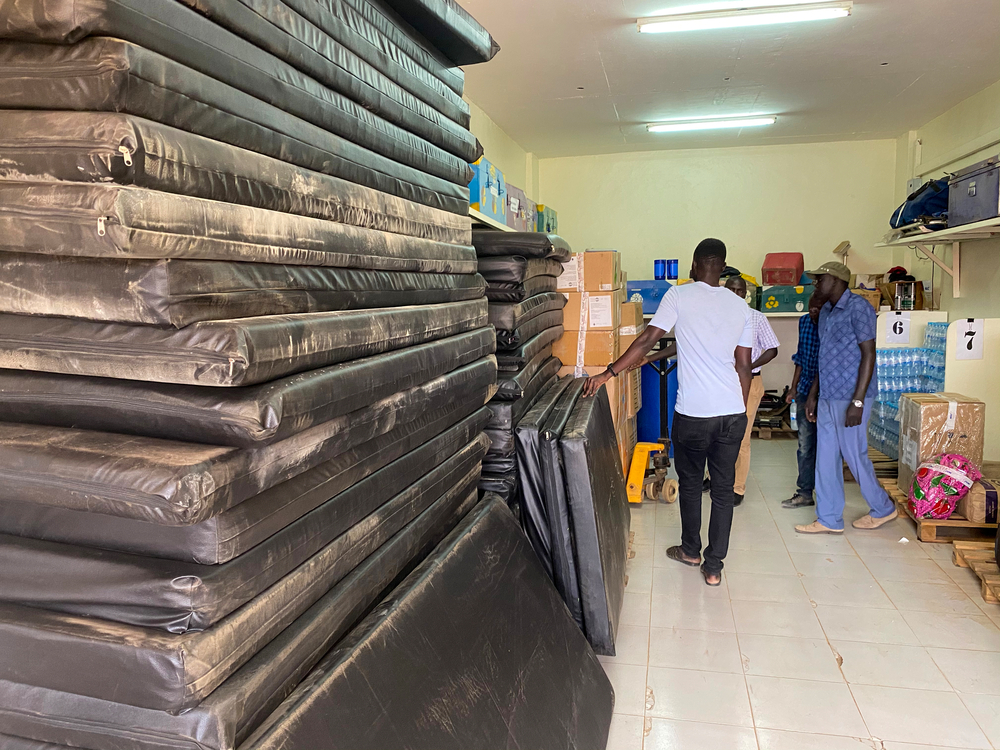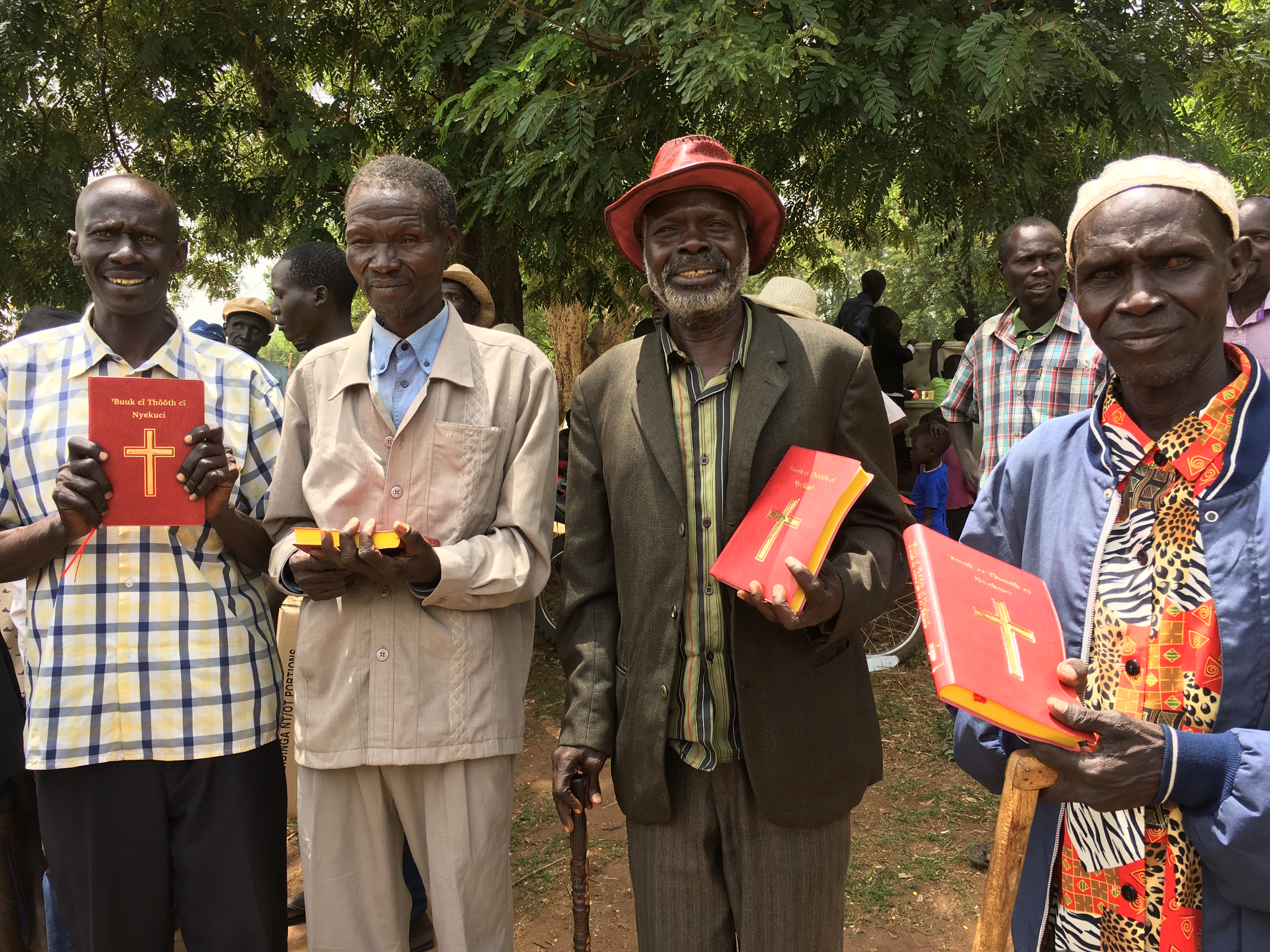
Fistula repair in Yambio
In South Sudan we flew to Yambio with an aircraft (C208) jam-packed with mattresses, fistula repair kits and a Specialist Obstetrician for AMREF Health Africa’s fistula camp.
Stigma and isolation
Fistula is a debilitating condition caused by prolonged labour and childbirth complications. If left untreated, the stigma and social isolation of the condition, which causes women and girls to constantly leak urine and faecal matter, leads to economic disadvantage as the women are left unable to work. At highest risk are teenagers whose bodies are less developed and less able to cope with childbirth.
AMREF’s Project Co-ordinator responsible for the Fistula Camp, Julius Busiri shared, ‘We are targeting around 60 women to be repaired, but it could even reach 80.’ However, ‘If people keep coming, we’ll extend,’ he said. ‘You can’t pull out while there are people who still need help. We want to maximise the time and support as many as possible while the doctor is available, because you never know when the next opportunity will be.’
Really Important
‘This is really important,’ Julius emphasized. ‘From the calls we’ve got from the women [following] the radio appeals we’ve broadcast – they really want this! There is a lot of stigma attached to the condition for the women who suffer with it. Many of them have been waiting for years for help.’
‘Patients have started arriving and the hospital has no mattresses!’ Julius explained. ‘Without this we can’t do any surgeries. My priority is this one,’ pointing to the pile of 44 mattresses which, at that time, almost reached the ceiling in MAF’s freight room.
Few opportunities
The specialised surgery required to repair obstetric fistula isn’t widely available outside Juba, meaning women in remote areas continue to suffer without the help they need. ‘The opportunity for surgery doesn’t come every year,’ Julius explained. ‘The last time we did it was 2017.’
This year’s visit to Yambio had been scheduled for April. Covid travel restrictions meant that health programmes targeting conditions such as fistula were put on hold, as the doctors couldn’t travel.
MAF Dispatch Team Leader Duku Richard oversaw the loading of the plane with the mattresses. Unusually, the challenge was the volume rather than weight. With the seats removed, the team squished mattresses into every available space, managing to load 37 in total. ‘The whole cargo weighed less than 300kgs,’ Duku shared. The mattresses that didn’t fit were flown up on subsequent flights.
Life-changing
It took an hour and 20 minutes for Pilot Alistair to fly from Juba to Yambio: ‘It’s great to support AMREF in this work as these operations are going to be potentially life-changing for the women involved.’
Sporadic fistula treatment campaigns in recent years have not kept up with the high numbers of obstetric fistula cases. AMREF is helping to address the backlog through fistula camps as well as providing services that tackle the root causes which include early marriage, teenage pregnancy and lack of access to maternal healthcare services.
According to the Fistula Foundation, women in South Sudan have a 1-in-28 chance of dying from pregnancy-related causes. In 2015, health groups estimated that 60,000 women and girls in the country suffer from the condition. The World Health Organization estimates that for every woman that dies in childbirth 20 more survive with life-changing injuries, such as obstetric fistula.





